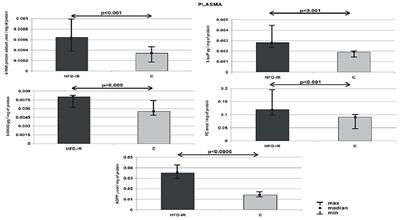MINI REVIEW
Published on 14 Dec 2017
Oxidative Stress and Antioxidants in the Diagnosis and Therapy of Periodontitis

doi 10.3389/fphys.2017.01055
- 12,088 views
- 118 citations
26k
Total downloads
99k
Total views and downloads
MINI REVIEW
Published on 14 Dec 2017

REVIEW
Published on 13 Nov 2017
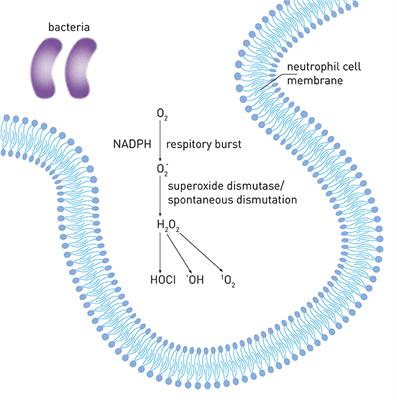
MINI REVIEW
Published on 01 Nov 2017
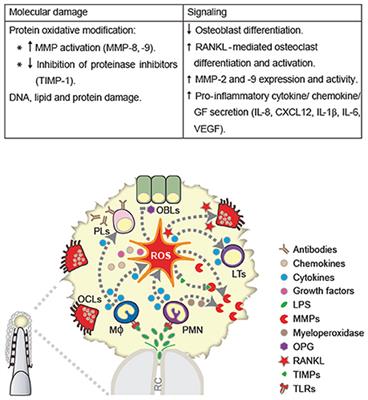
ORIGINAL RESEARCH
Published on 29 Sep 2017
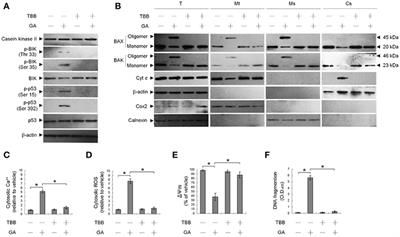
REVIEW
Published on 14 Sep 2017
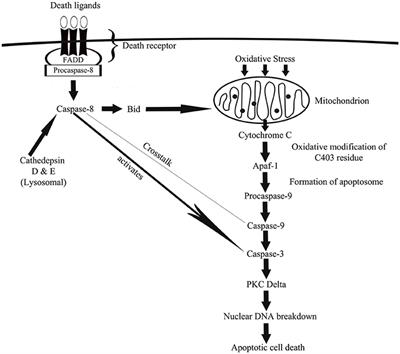
ORIGINAL RESEARCH
Published on 07 Sep 2017
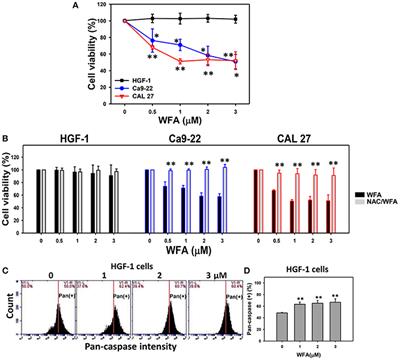
ORIGINAL RESEARCH
Published on 28 Jun 2017
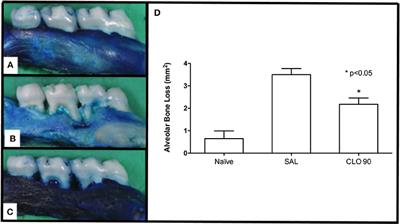
REVIEW
Published on 23 Jun 2017
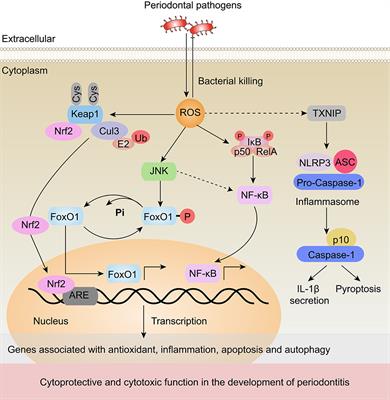
ORIGINAL RESEARCH
Published on 07 Jun 2017
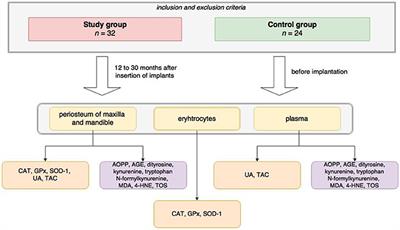
MINI REVIEW
Published on 30 May 2017
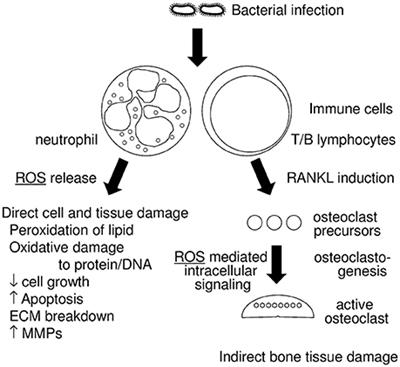
ORIGINAL RESEARCH
Published on 31 Mar 2017
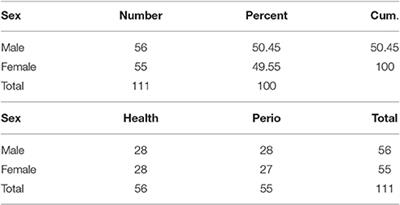
ORIGINAL RESEARCH
Published on 26 Jan 2017
